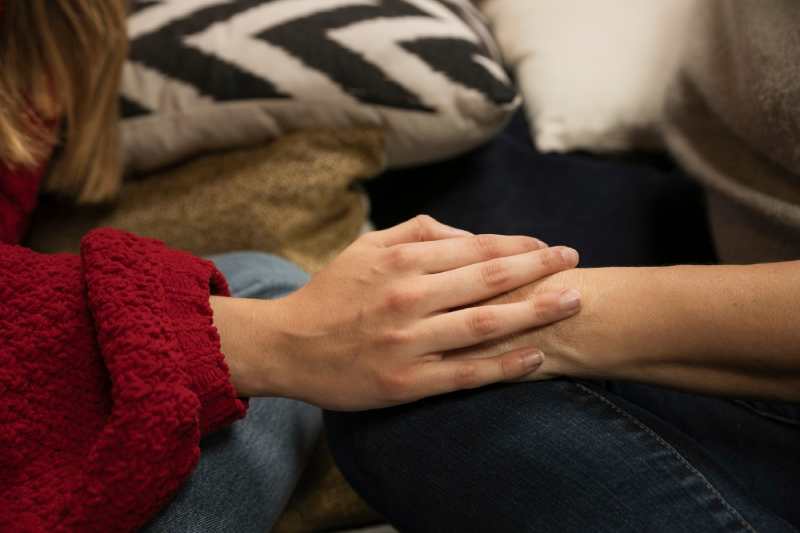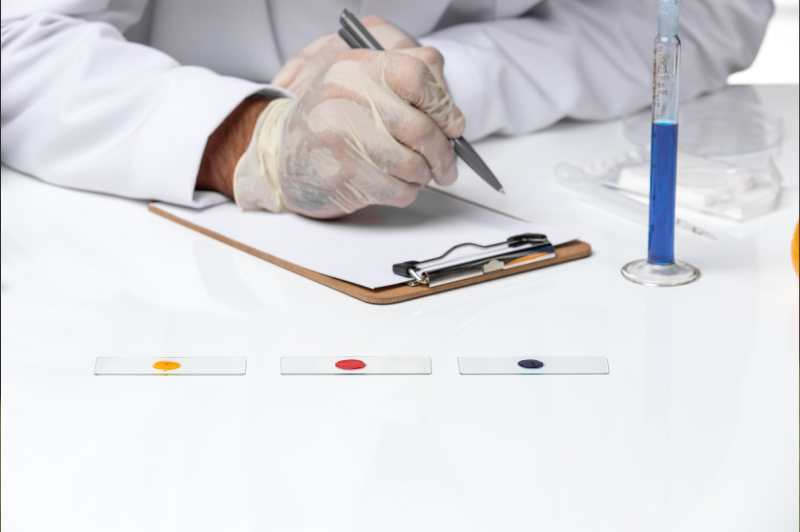Guidance and Support Through a Difficult Time
Step 1: Immediate Action
At Home
If the death occurs at home, you will need to contact the deceased’s GP or NHS 111 if it is outside of regular hours. They will help confirm the death and provide guidance on what happens next.
In a Hospital or Care Home
If the death occurs in a hospital or care home, the staff will inform you of the necessary steps and ensure that the relevant authorities are notified.
Unexpected Death
If the death is unexpected, call 999. Paramedics and police will attend, and the Coroner may be involved to investigate the cause.
Step 2: Contact a Funeral Director
Step 3: The Medical Examiner Process (New from September 2024)
Step 4: Registering the Death
Local Register Offices in Ripon, Harrogate, and Church Fenton
Support Resources: Settld & Guardian Angel
Guardian Angel
Bereavement Support Services
Cruse Bereavement Care
Samaritans (24/7)
-
Helpline: 116 123
-
Website: www.samaritans.org
Child Bereavement UK
Winston’s Wish (For Grieving Children)
The Good Grief Trust
Modern Loss
Just ‘B’
Ata Loss
Step 5: If the Coroner is Involved
Local Coroner's Offices:
Step 6: Tell Us Once Service
Step 7: Planning the Funeral
Step 8: Legal, Financial, and Practical Matters
Step 9: Emotional Support
Local Grief Support Services:
Helpful Contacts to Notify
Car Insurer
Notify the insurer, especially if the deceased was the policyholder.
Social Services or District Nurses
For returning equipment or medications.
GP or Hospital
To cancel any future appointments.







